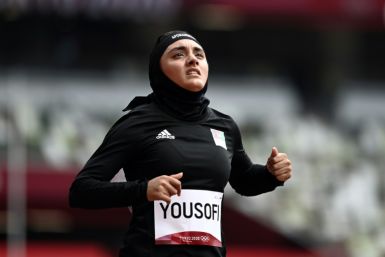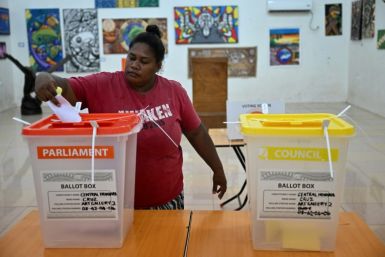Study reveals women are biologically fitter than men

A new study has found that contrary to popular belief, women are biologically more athletic than men. The study further says that men are more likely to succumb to muscle fatigue because they are slower than women in extracting oxygen from the blood.
Nine men and nine women in their mid-20s participated in the study. All of them were within a specific healthy weight range. The researchers observed their heart rate and oxygen tissue content during treadmill exercises.
Women are biologically more athletic than men
“The findings are contrary to the popular assumption that men’s bodies are more naturally athletic,” Thomas Beltrame, lead author on the study conducted at the University of Waterloo, said.
The study links fitness to oxygen uptake. Efficient of processing of oxygen is directly connected to muscle fatigue. According to the study, women are 30 percent more efficient in their oxygen uptake.
Richard Hughson, a health sciences professor at Waterloo, said an efficient rate of oxygen extraction from the blood “indicates a superior aerobic system.” However, the study does not explain why women are better than men when it comes to oxygen processing.
“While we don’t know why women have faster oxygen uptake, this study shakes up conventional wisdom,” said Beltrame. The professor added that these findings could affect fitness assessment and athletic training in the future.
Inspired to exercise
The Waterloo study is expected to inspire some fitness-conscious women to exercise more regularly. The study is very small with only 18 participants and a narrow age range. Still, it is worth mentioning when giving recommendations on natural weight loss for women.
The Waterloo study also seems to affirm the findings of Marquette University researchers in December 2016. In the Marquette study, lead author Sandra Hunter found that women’s muscles are better than men when it comes to fighting off fatigue.
Speaking to Health magazine, Hunter explained that the 2016 study should play a role in improving women’s sports programs. She added that the science community should look deeper into the differences between men and women to improve existing gender-based health programs.
Gender-based Training and Muscle Rehab
Hunter’s 2016 study, published in the journal Medicine & Science in Sports & Exercise, took into consideration that a lot of research on physical activity and performance was centred on men. Taking into consideration that women’s muscles are more powerful against fatigue, it is possible that some women are not being pushed hard enough.
“The bottomline of training or rehab is that you have to fatigue a muscle in order to increase its strength,” Hunter emphasized. If men and women have a different threshold for muscle fatigue, it must be considered in their fitness training and even physical therapy after injuries.
Waterloo’s recent study on women’s efficient oxygen uptake and Marquette’s study on women’s ability to fight off muscle fatigue longer are expected to pave the way to more relevant studies in the future. As more scientists look into the relationships between genders and fitness, fitness training and rehab programs are expected to advance.






